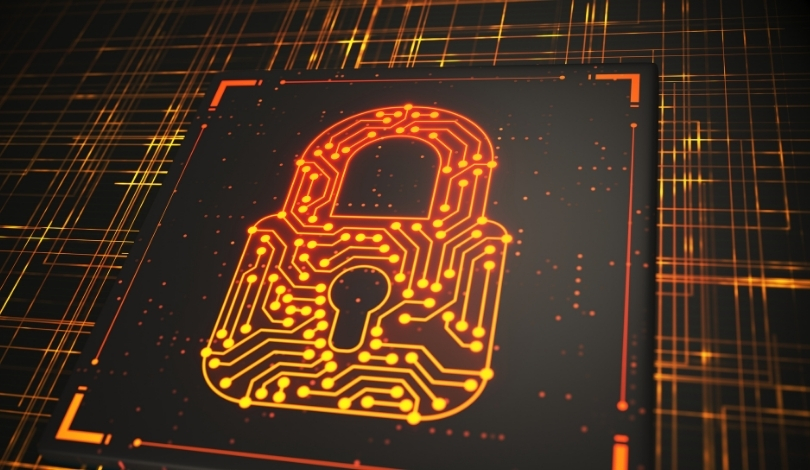The digital identity landscape is on the cusp of a transformation as the U.S. government considers implementing a cohesive strategy for digital identification. This shift aims to address prevalent issues like identity theft and fraudulent claims, while ensuring a robust, secure, and user-friendly system. With other countries already experimenting with digital IDs, the U.S. seeks to learn from these experiences while tailoring solutions to its unique challenges.
When compared to earlier initiatives, the current push for digital IDs in the U.S. appears more comprehensive and nuanced. Previously, digital identity initiatives primarily focused on convenience and efficiency. However, the recent focus includes enhanced security measures and broader accessibility, acknowledging the need for a balanced approach between utility and privacy.
Key Priorities for Digital Identification
On April 13, 2022, the Better Identity Coalition urged President Joe Biden to establish an executive order for digital identity. They identified four main priorities: providing tools to protect against identity theft, offering assistance to victims, creating a unified government approach for identity validation, and directing the National Institute of Standards and Technology (NIST) to draft a Digital Identity Framework. This call for action underscores the pressing need for a national strategy.
Despite these steps, challenges persist. Recent reports suggest the Biden administration may soon endorse digital identification through an executive order. This would encourage the use of digital identity documents to prevent fraudulent claims, a problem that has cost the U.S. government billions. However, this move requires careful implementation to avoid the pitfalls observed in other nations that have adopted similar systems.
Decentralization as a Solution
The centralized approach to digital identification poses significant risks. Central repositories are vulnerable to breaches, as evidenced by a recent security issue involving AU10TIX, where credentials were exposed online for over a year. Decentralized ID verification, potentially using blockchain technology, offers an alternative. This technology stores individual pieces of data separately, making comprehensive breaches significantly harder to execute.
Professor Richard Buckland from the University of New South Wales warns that no system is entirely hack-proof. However, decentralization reduces the risk by eliminating a single point of failure. The public must advocate for secure, transparent, and privacy-respecting digital identity solutions as these systems develop.
Digital identity systems in other countries have faced criticism and security challenges, highlighting the importance of learning from these experiences. Incorporating blockchain could ensure higher security while keeping citizens’ data private and decentralized.
To make digital IDs effective and secure, collaboration with experts is crucial. Projects like Concordium, which offer regulation-ready blockchain solutions with identity layers, demonstrate the potential for secure digital ID systems. Public input during the NIST guideline review period provides a crucial opportunity to influence the future of digital identity in the U.S.





